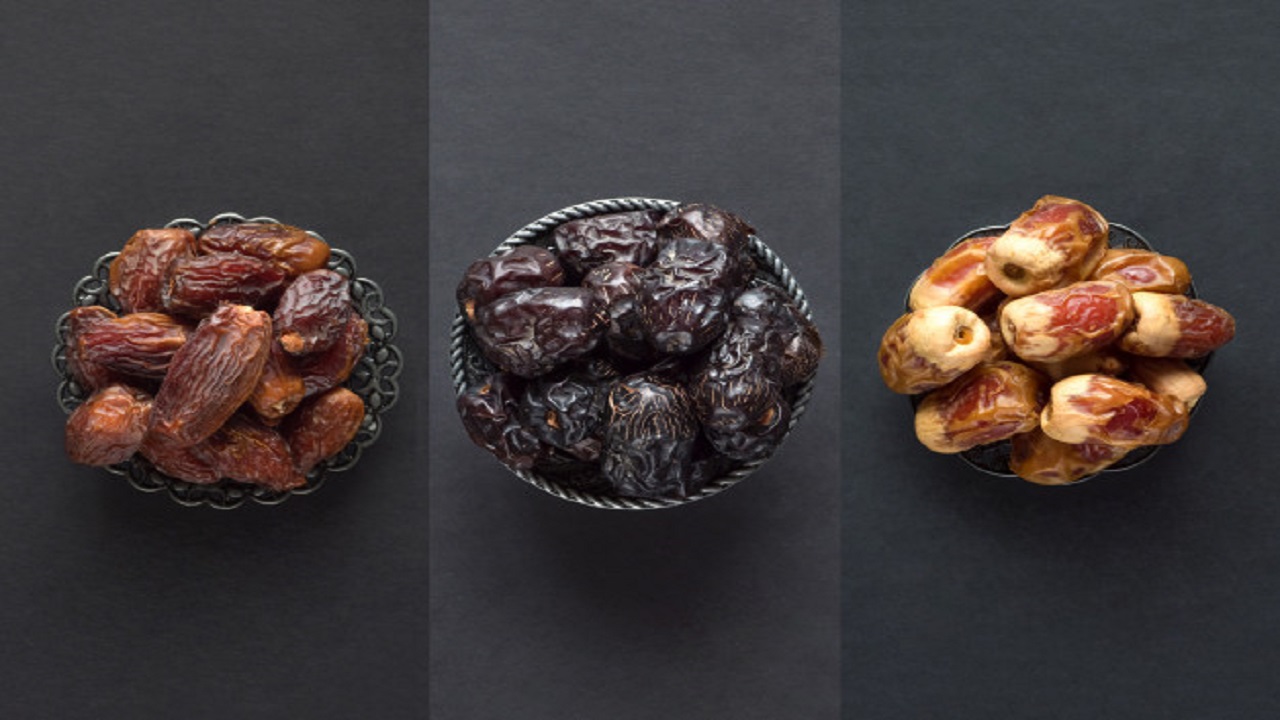Jenis2 Kurma: Inventory Management for Meeting Consumer Demands

Introduction
Jenis2 Kurma, or types of dates, encompass a wide variety of date fruits found across different regions. In this blog post, we will delve into the world of Jenis2 Kurma and explore how dates wholesalers manage their inventory to ensure a steady supply and meet consumer demands. Effective inventory management is crucial for wholesalers to optimize stock levels, minimize wastage, and meet the diverse preferences of consumers. Join us as we uncover the strategies employed by dates wholesalers to manage their inventory and ensure a consistent supply of date varieties.
Jenis2 Kurma: An Overview
Understanding the Types of Dates
Jenis2 Kurma refers to the various types of dates available in the market. Dates come in different shapes, sizes, colors, and flavors, depending on the variety and growing region. Common types of dates include Medjool, Deglet Noor, Barhi, Zahidi, and many more. Each type has its unique characteristics, taste profiles, and culinary applications. The diversity of dates provides consumers with a wide range of choices to suit their preferences and dietary needs.
Inventory Management for Dates Wholesalers
1. Demand Forecasting
Dates wholesalers utilize demand forecasting techniques to predict consumer demand for different types of dates. They analyze historical sales data, market trends, and seasonal patterns to estimate future demand accurately. By understanding the demand patterns, wholesalers can adjust their inventory levels and procurement strategies to meet consumer expectations effectively. Demand forecasting helps in preventing stock outs or overstocking, ensuring a steady supply of date varieties.
2. Supplier Relationship Management
Maintaining strong relationships with suppliers is essential for effective inventory management. Dates wholesalers establish partnerships with reliable and reputable suppliers who can consistently provide a variety of dates. Through clear communication and regular collaboration, wholesalers can ensure a steady supply of dates in the desired quantities and qualities. Strong supplier relationships also provide access to exclusive varieties and help in managing demand fluctuations.
3. Just-in-Time (JIT) Inventory
JIT inventory management is a strategy employed by dates wholesalers to minimize inventory holding costs while meeting consumer demands efficiently. Instead of stockpiling large quantities of dates, wholesalers maintain lean inventories and procure fresh supplies as per demand. JIT inventory management requires close coordination with suppliers and efficient logistics to ensure timely delivery of date varieties when needed. This approach helps in reducing wastage and optimizing storage space.
4. Quality Control and Shelf Life Management
Dates wholesalers prioritize quality control and shelf life management to ensure that the dates they supply to consumers meet the desired standards. They implement rigorous quality checks at various stages, including receiving the dates from suppliers, during storage, and before distribution. Wholesalers maintain suitable storage conditions such as temperature and humidity control to preserve the quality and extend the shelf life of date varieties. Regular rotation of stock and adherence to expiration dates help in managing inventory effectively.
5. Collaboration with Retailers and Market Analysis
Dates wholesalers collaborate closely with retailers and conduct market analysis to gain insights into consumer preferences and trends. By understanding the demands of retailers and monitoring market dynamics, wholesalers can align their inventory management strategies accordingly. Collaborative efforts with retailers also enable wholesalers to introduce new varieties of dates and adjust their inventory assortment to cater to changing consumer preferences.
Conclusion
Jenis2 Kurma offer a diverse range of dates, each with its unique characteristics and flavors. Dates wholesalers employ various strategies to manage their inventory effectively and ensure a steady supply of date varieties to meet consumer demands. Demand forecasting, supplier relationship management, JIT inventory, quality control, and collaboration with retailers are key components of inventory management. By implementing these strategies, dates wholesalers can optimize stock levels, minimize wastage, and provide consumers with a consistent supply of date varieties.
Key Highlights:
– Jenis2 Kurma refers to the different types of dates available in the market, each offering unique characteristics and flavors.
– Demand forecasting helps dates wholesalers estimate consumer demand accurately and adjust inventory levels accordingly.
– Strong supplier relationships ensure a steady supply of date varieties and access to diverse varieties.
– JIT inventory management minimizes holding costs and ensures fresh supplies as per demand.
– Quality control and shelf life management preserve the quality of dates and extend their shelf life.
– Collaboration with retailers and market analysis help wholesalers align their inventory management strategies with consumer preferences and market trends.
By effectively managing their inventory, dates wholesalers can meet consumer demands, optimize stock levels, and contribute to the popularity and accessibility of date varieties in the market.